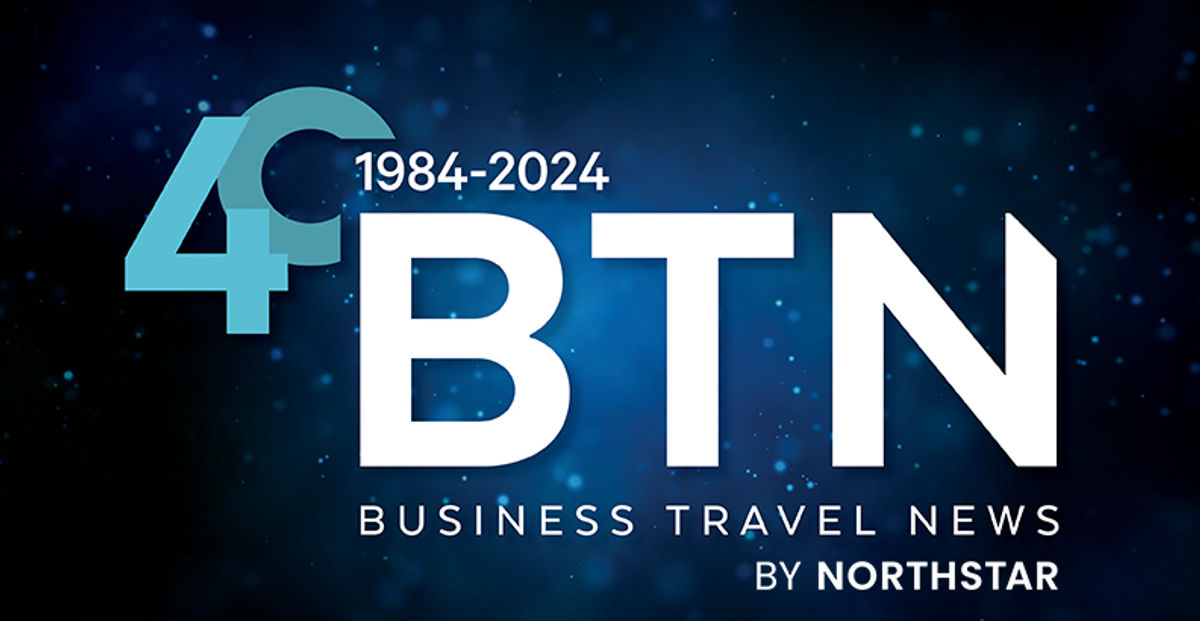Marriott Leads Innovation, Location
Marriott International, which tied with Hyatt for second and topped two categories, including offering strategic locations for business needs, a category that measures a chain’s ability to provide sufficient options at appropriate service tiers and geographic locations. It’s a category that lends itself to the survey’s largest chain by global properties and rooms, and Marriott SVP of global sales Tammy Routh said the company continues to take deliberate steps to broaden its coverage of service tiers and locations.
“Our strategy as a company is to be anywhere our customers need us to be with the right product,” Routh said. Marriott in recent years has broadened into the midscale tier with its acquisition of City Express and launch of Four Points Express by Sheraton, and in August agreed to include apartment-style accommodation provider Sonder’s offerings in its portfolio.
“In an ideal world, we have something for you no matter where you’re going, at whatever price point or trip purpose,” Routh said. “We’re very dependent on the corporate market, whether that be business travel [or] meetings and events. So our development team is looking for places we are not [in], where we could better serve our customers.”
Marriott also led—by a hundredth of a point—in the survey’s innovation and digitization category, which highlights chains’ ability to offer onsite experiential elements but also innovation within its loyalty program and mobile app. Routh suggested Marriott’s victory in the category was a function of the chain’s work to elevate and broaden the functionality of its Bonvoy loyalty program and its effort to raise its salience within corporate programs.
“We’ve worked really hard on taking what is traditionally a B-to-C program and making sure the B-to-B customers understand the value of it, and we’re going to continue to work on more B-to-B offerings in the future,” Routh said, pointing out Bonvoy functionality, including mobile check-in and room key technology, among others. “It’s more about the language that Marriott speaks in all 9,000 hotels is a Bonvoy language. … If you want to operationalize something, it’s through that loyalty program.”
Among Marriott’s Bonvoy initiatives for the corporate market is Business Access by Marriott Bonvoy, a program launched in July and designed for small and midsized enterprises that offers not only loyalty points and discounts but also a suite of travel and expense management tools underpinned by a Spotnana tech stack and available only to Bonvoy members. Demand so far has been good, Routh said.
“We’re really pleased at the uptake of that, and it’s something that launched from the ground up,” she said, adding that the genesis for the program was customer feedback. “This is not competing with travel agencies. This is something that gives the executive assistant or … travel manager [the ability] to do self-service. ‘I can go into a portal. I can look at my data and reporting I can put in the travel policy and drive compliance through that.’ “
“We’ve worked really hard on taking what is traditionally a B-to-C program and making sure the B-to-B customers understand the value of it, and we’re going to continue to work on more B-to-B offerings in the future.”
Still, Marriott’s worst category in the survey was its partnership approach for corporate business, in which it finished solidly behind the other four companies in the survey. Routh said she thought the score was a result of Marriott’s stance during corporate negotiations.
“Obviously it’s disappointing to see that. I know exactly what it is,” Routh said. “We have taken a stance for 2025 pricing that is hard. It’s hard to do change in this space. It’s hard for our hotels. It’s hard for our customers, when we’ve all been doing it the same way for a very long time.
“We know exactly how to run these [requests for proposals] on both sides. We know how to measure it. It’s easier to do the status quo. We have been asked to change that for 2025 with just some different kinds of things that are going to make this process better, hopefully for all. So that’s a little bit more about the dynamic pricing. It’s looking for things that maybe are not necessarily last-room availability in all cases.”
Routh stressed that Marriott’s sales reps have been instructed to work with clients, and that the chain values long-term relationships with its corporate accounts. “We need this business,” she said. “Our hotels need it and so we will find a way to create a solution that works for all.”
Photo caption: Marriott was tops for hotel options in key business markets; here, the Marriott Champs Elysees in Paris.

